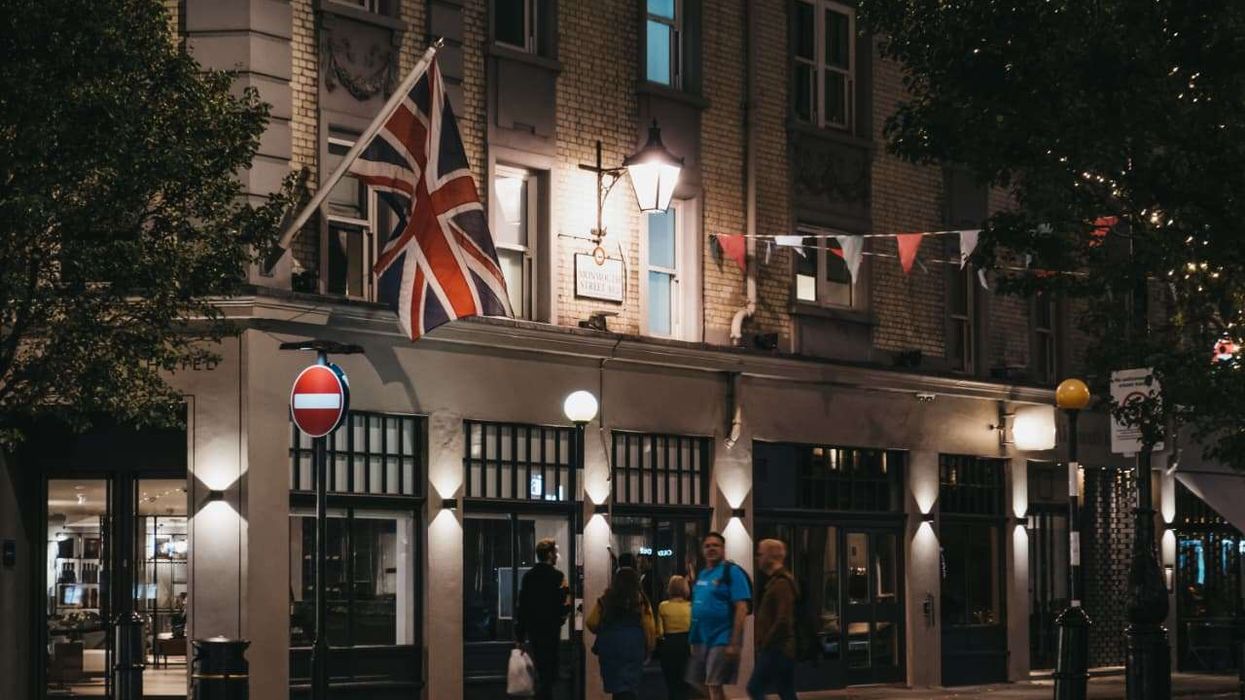Highlights
- Government expected to give London powers to bring in a tourist levy on overnight stays.
- GLA study says a £1 fee could raise £91m, a 5 per cent charge could generate £240m annually.
- Research suggests London would not see a major fall in visitor numbers if levy introduced.
Chancellor Rachel Reeves is expected to give Sadiq Khan and other English city leaders the power to impose such a levy through the upcoming English Devolution and Community Empowerment Bill. London currently cannot set its own tourist tax, making England the only G7 nation where national government blocks local authorities from doing so.
A spokesperson for the mayor said City Hall supported the idea in principle, adding “The Mayor has been clear that a modest tourist levy, similar to other international cities, would boost our economy, deliver growth and help cement London’s reputation as a global tourism and business destination.”
How it works ?
A recent Greater London Authority briefing, prepared by the Centre for Cities thinktank, reviewed how major global cities operate similar schemes. New York and Toronto apply percentage charges on hotel bills, while Tokyo uses a flat fee.
In France and Italy, the amount varies depending on the type and rating of accommodation. The report said London would be best suited to either a fixed charge or a percentage rate, as the UK does not have a national hotel star-rating system.
The GLA previously estimated in 2017 that a £1-a-night levy could raise £91m, while a 5 per cent charge could bring in £240m. The briefing also suggested the capital is unlikely to see a significant drop in visitor numbers if the fee is set at levels similar to other major cities.
Centre for Cities chief executive Andrew Carter said a levy would give London more flexibility to respond to visitor demand and help fund improvements to infrastructure and the business environment.
The Government has not yet confirmed the change. A spokesperson for the Ministry of Housing, Communities and Local Government said ministers are open to discussions, noting that places can already introduce a levy through the Accommodation Business Improvement District model.
Local Democracy Reporting Service ( LDRS)




